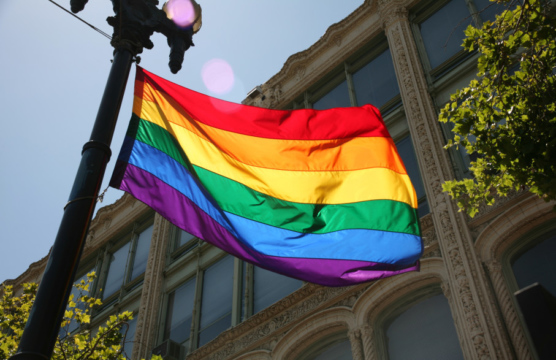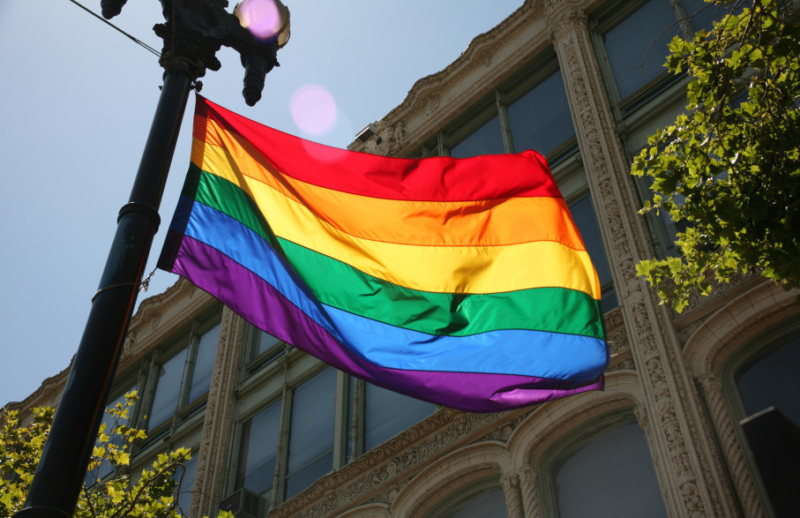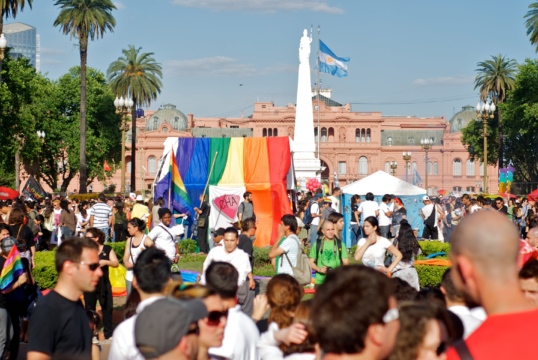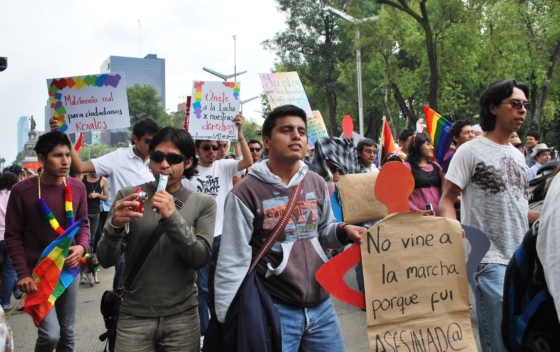
Top LGBT Stories from the Americas
Our hemisphere is quickly becoming one of the most gay-friendly territories in the world, but not everything is advancing positively.
By all appearances, Argentina is leading the way in the push for LGBT equality in the Americas. It became the second country, after Canada, to legalize same-sex marriage in the hemisphere in 2010. A year later, the national congress passed landmark legislation allowing transgender individuals access to free gender reassignment surgery and hormone therapy.
Despite these progressive laws, much remains to be done. Pedro Robledo, director of diversity at the Fundación Pensar in Buenos Aires, identified several areas in need of robust protections during a visit to the Inter-American Dialogue on September 12. Just that day, for instance, the country’s lower house passed anti-bullying legislation in which Robledo and his foundation were involved. The law seeks, among other goals, to provide better counseling services to victims of peer harassment, to combat cyber bullying and to improve teacher sensitivity to these issues. One innovative statute allows students to denounce verbal and physical abuse to federal authorities via the internet. In cases where school principals and teachers are unsympathetic, this tool allows students to find help.
In other cases, Robledo asserted, problems arise not from the need for new laws, but poor enforcement of existing ones. Despite legal guarantees, transgender individuals in Argentina currently struggle to find doctors capable of providing hormone therapy or gender reassignment surgery. Robledo himself was a victim of a homophobic attack in March, a reminder of the heightened risk of hate-fueled violence that sexual minorities face.
This gap between lofty legislation and harsh reality is all-too-common when it comes to LGBT issues, according to Carlos Quesada of Global Rights. Even in countries where same-sex unions are legally recognized, like Ecuador, Colombia and Brazil, homophobia persists. This is especially true outside major metropolitan areas. Rural Brazil and Argentina are no gay paradise, despite the LGBT-friendly image of Buenos Aires and Rio de Janeiro.
In an encouraging sign, the United States and other governments have adopted LGBT equality as a foreign policy objective. Scott Busby, acting Deputy Assistant Secretary of State and human rights specialist, encouraged advocates to contact US embassies for support in their work. In April, the State Department sponsored six Colombian LGBT activists to travel to Washington to meet with government and civil society representatives.
A key theme of the event’s discussion was the pressing need for increased focus on transgender issues. Throughout the Americas, this population suffers higher rates of drug use, sexually transmitted infections and violence than their gay and lesbian counterparts. Yet some observers criticize mainstream LGBT organizations for focusing exclusively on “gay” issues like same-sex marriage. Hopefully the movement’s growing momentum will shed more light on the unique difficulties transgender people face.
One participant asserted that the advent same-sex marriage on the national scale effectively signals the end of that country's gay rights movement. He used his native Canada as one such example. Whether LGBT advocates will eventually be the victims of their own success remains an open question. In much of the hemisphere, however, that is currently the least of their worries.
Our hemisphere is quickly becoming one of the most gay-friendly territories in the world, but not everything is advancing positively.
In this interview with PolicyMic, Pedro Robledo discusses youth activism, politics, and why he thinks that young people are the key to fighting for political change today.
As we look to 2013, here are some of the trends to follow in the hemisphere’s struggle for LGBT rights.
 Eric Wagner / CC BY-NC-SA 2.0
Eric Wagner / CC BY-NC-SA 2.0

